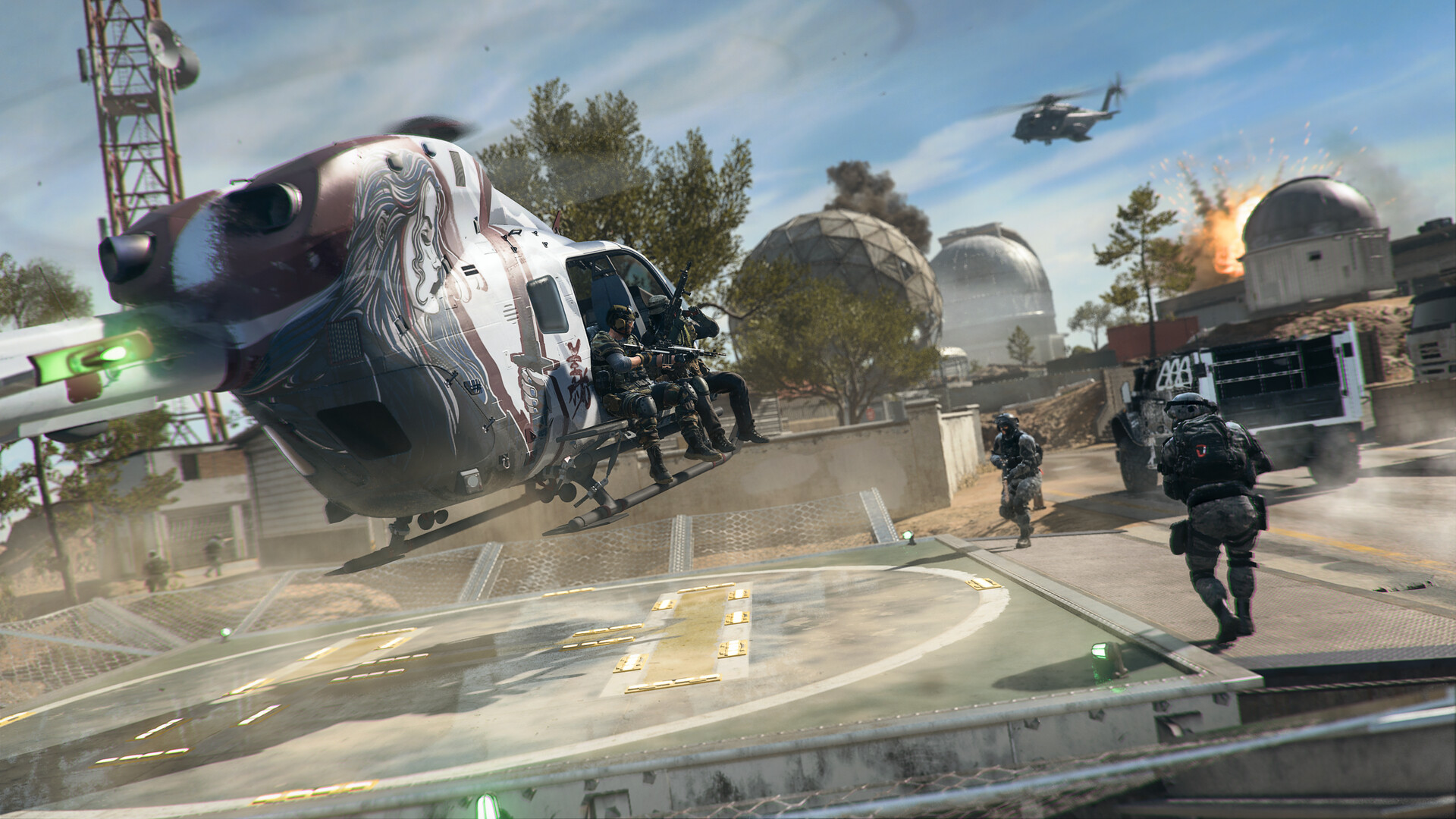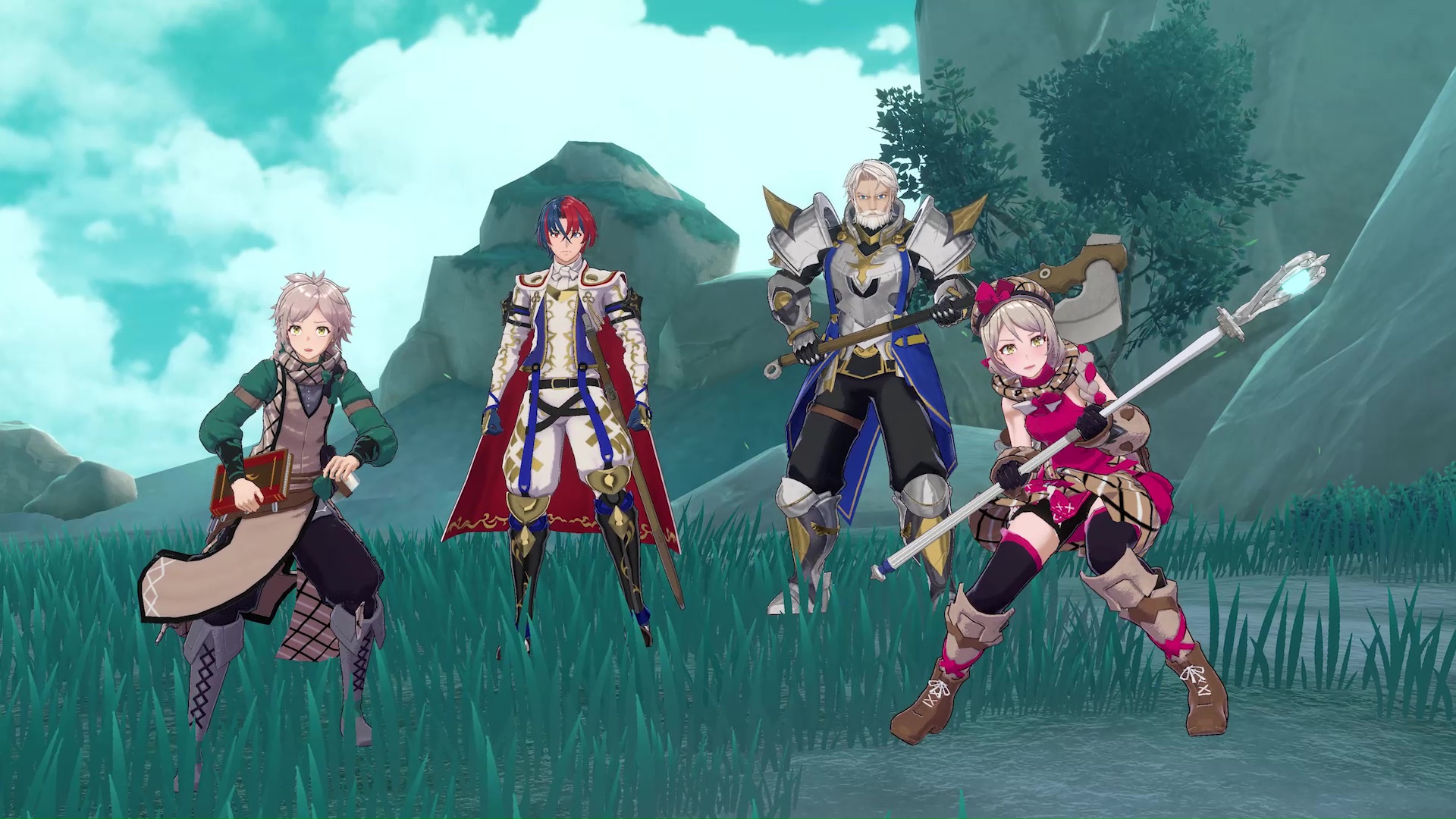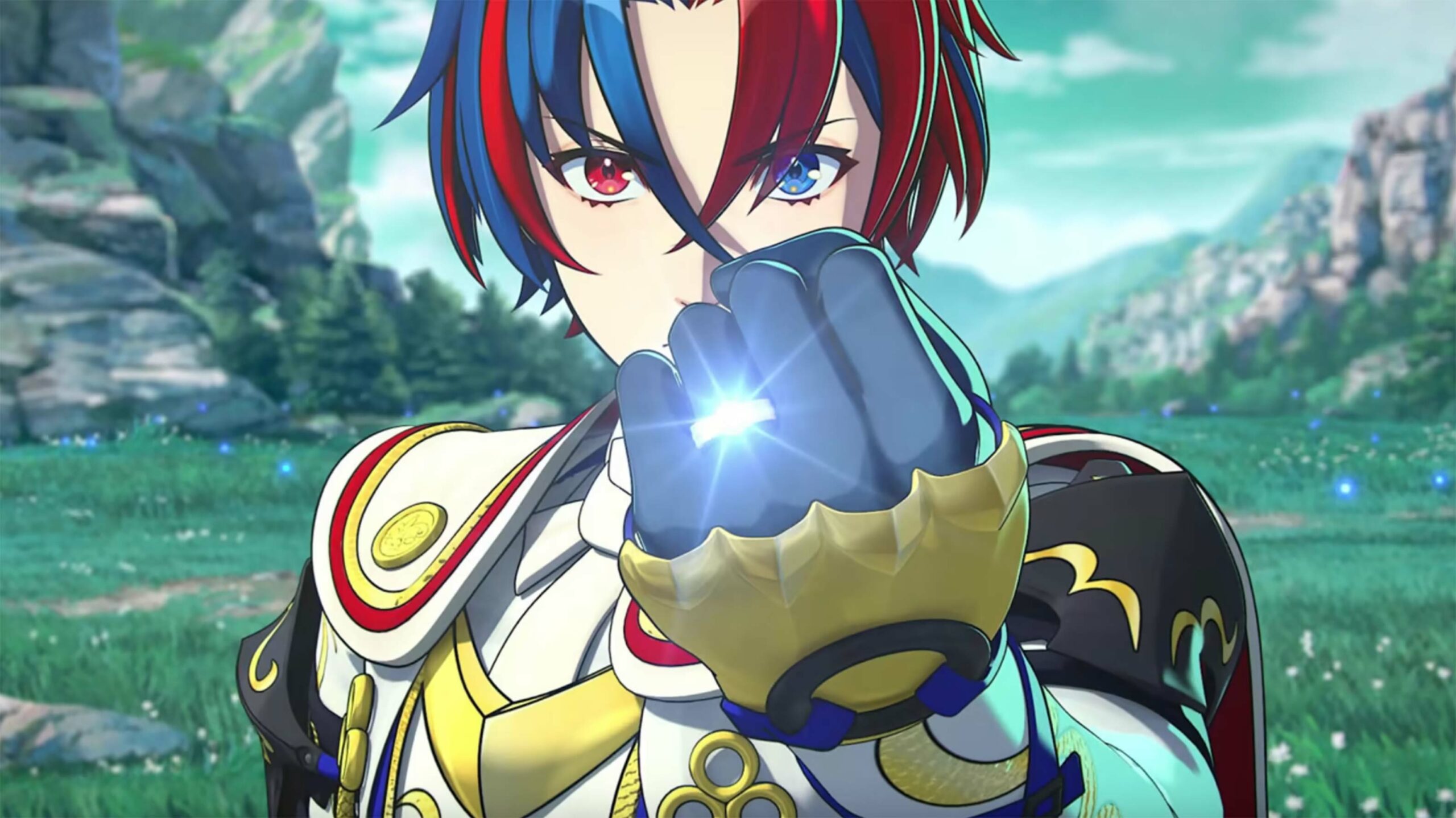
Historically, news of the best-selling video games each year has been focused on the U.S. and you’d be hard-pressed to find any Canadian-specific data. Even when brands like PlayStation release sales breakdowns, Canada is lumped in with the U.S.
Now, however, that’s finally changing. The Entertainment Software Association of Canada (ESAC), the lobbying group on behalf of Canada’s booming video game industry, has partnered with NPD Group to reveal Canadian-specific figures each month. Until now, the market research firm has only publicly divulged U.S. data.

Canada’s 10 best-selling games in January 2023. Image credit: ESAC/NPD
It’s an initiative that Jayson Hilchie, ESAC president and CEO, says is particularly “exciting” to get out there.
“This idea of Canadian sales really spun out of an idea that we were going to write an op-ed about how important Canadian games were on a global stage,” Hilchie told MobileSyrup. “We were going around the world getting German sales, we were getting Pan-European sales, Australian sales, British sales, Türkiye, and NPD sales in the U.S. And the whole point was to show how many Canadian games were in the top 10, top 20, best-selling over the holidays, all around the world.”
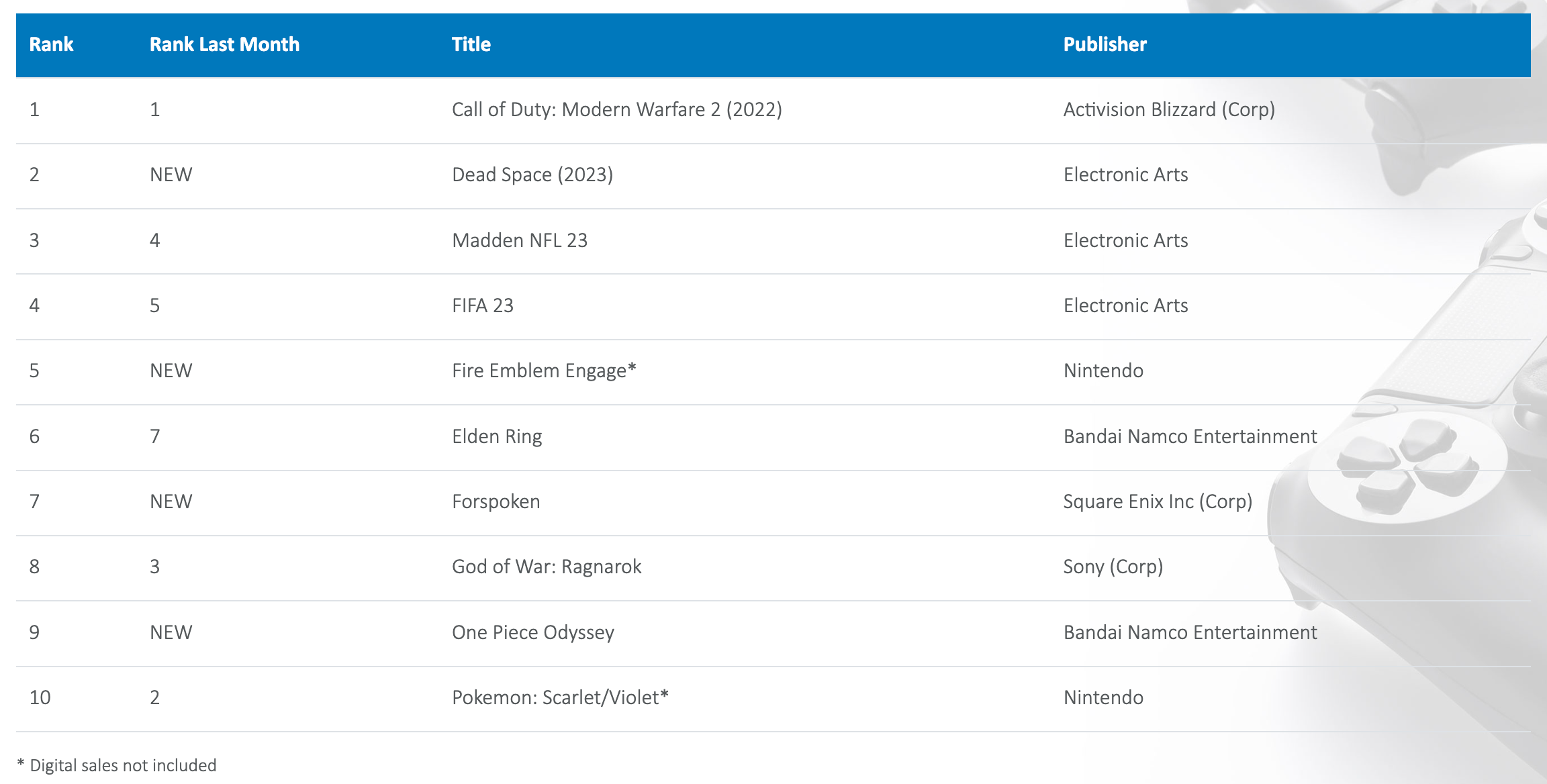
The 10 best-selling games in the U.S. in January 2023. Image credit: NPD
While he says those plans ultimately fell through, he says his organization’s long-running relationship with NPD Group paved the way to a different initiative: publishing Canada’s top 10 best-selling games directly through the ESAC. So far, he’s happy with the results.
“Obviously, I was happy to see the three Canadian games in the top 10,” he says of Canada’s inaugural January 2023 list. Indeed, the third, fourth and fifth spots are held by Dead Space (Montreal’s EA Motive), NHL 23 and FIFA 23 (both developed by EA Vancouver), respectively. Notably, while FIFA appeared on both the Canadian and U.S. lists, Madden NFL 23 was the only other sports game on the American list — a testament to how much Canadians love their hockey.
Hilchie also notes that this list is lacking Ubisoft, the French publishing giant with several studios across Canada, including in Quebec and Ontario. “Normally, I think we would see some Ubisoft games in there, but I don’t think they had a release calendar that matched that particular month.” Indeed, the company confirmed in January that sales were down in part due to a comparatively lighter 2022 lineup; major franchises like Assassin’s Creed and Far Cry didn’t see new releases last year, while Just Dance 2023 underperformed.
It’s worth noting that January’s best-selling game in Canada, Call of Duty: Modern Warfare II, also has a Canadian connection. While the game was primarily developed by California’s Infinity Ward, Quebec City-based Beenox handled the PC port.
“I think as time goes on throughout the year, we’re always going to see at least a couple of Canadian games,” says Hilchie. “And in that top 10, I think is really good considering we’re a big industry, but we’re a small country relative to some of these other places.”
One area in which the Canadian list stood out from its American counterpart was the prevalence of Nintendo. On the U.S. list, the Japanese gaming giant’s Fire Emblem Engage and Pokémon Scarlet and Violet placed fifth and tenth, respectively. In Canada, Fire Emblem Engage was second and Scarlet and Violet placed seventh, while a third Nintendo title that didn’t chart on the U.S. list, Mario Kart 8 Deluxe, came in at 10th. This also follows Nintendo’s recent confirmation that the Switch has been Canada’s best-selling console for five consecutive years.
While Hilchie says this likely speaks to Nintendo’s long, storied history in the industry, he says he’s more surprised by how much the company’s fans responded to the results of this data.
“I can tell you that the Nintendo fans, based on our social media site, are not only surprised but excited about the number two game on the list, [Fire Emblem Engage], especially because it doesn’t even include digital sales,” he says. “So it’s done quite well. Obviously, there are some major fans of that franchise that were happy to see that the game is doing quite well. To me, that was one of the more fun things that came out of it.”
He says this speaks to the surprisingly substantial public interest in this data, especially since it was dropped without any prior tease.
“One thing that was really exciting for us was that I don’t think we expected to see as much enthusiasm as there was for the sales data. We got something like 30,000 impressions on that original tweet, non-boosted impressions, which is a considerably high social media post for us,” he says, noting that ESAC’s social media posts are usually more policy, government, or initiative-related. “I’d be lying if I told you I thought that it was going to get as much excitement as what actually came out of it. So we’re really thrilled to move forward with this every month because it looks like we’ve got a really great base audience and we can just build from that.”
Hilchie also says there’s other Canadian-specific data that can be revealed as the reports evolve over time. While he notes that they’ll never divulge how many copies each game has sold as that’s each publisher’s proprietary information, they do have data for up to 50 games that could be shared in the future.
“I think that there’s a lot of opportunity for us, and I think NPD wanted to see how this worked out. But they’ve definitely said that they’ve got other data that they can share with us, and so time will tell what we put out. So we’re starting with this and now that we know there’s an appetite for this type of information, we’ll go from there.”
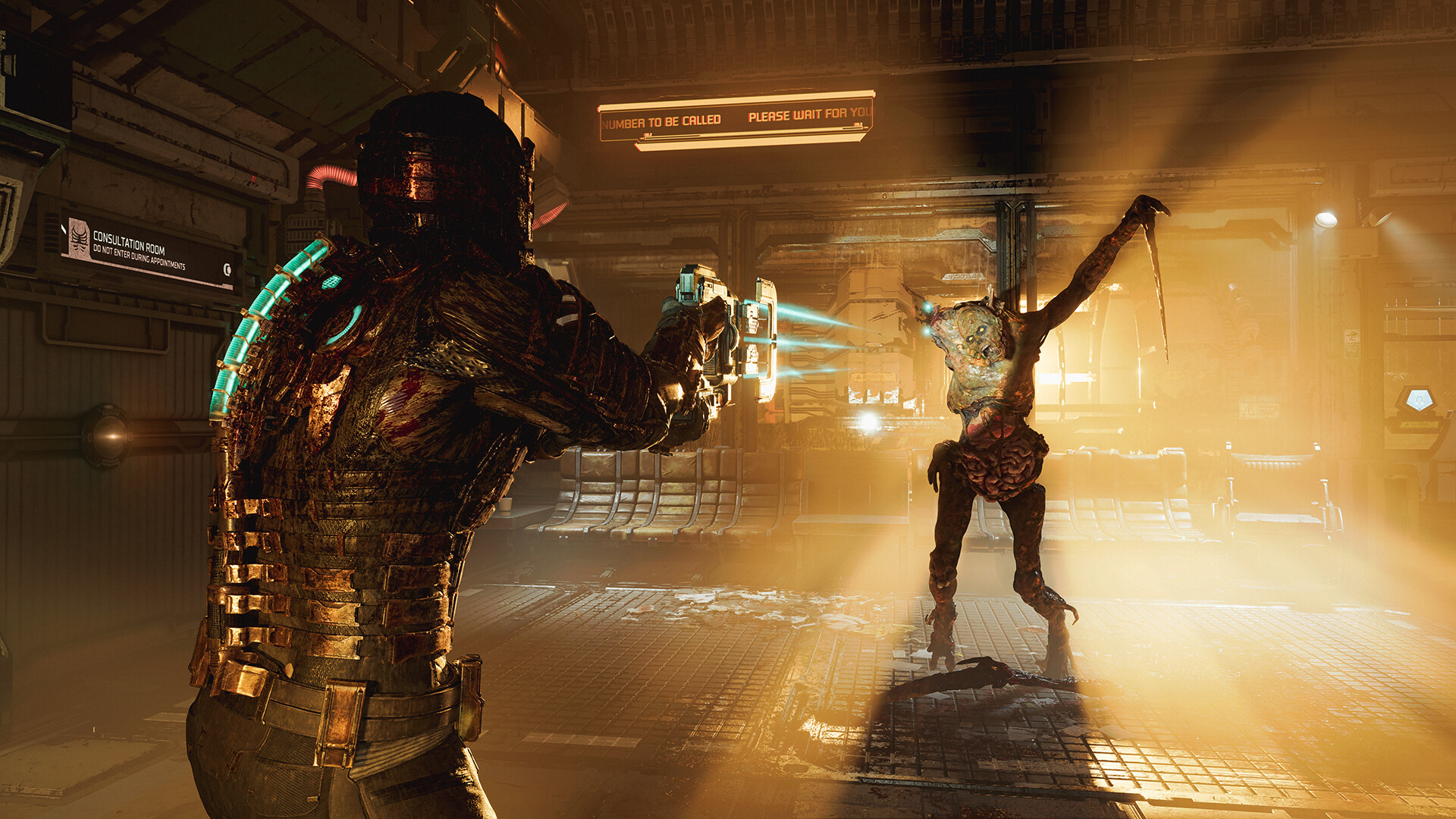
Motive’s Dead Space remake received universal praise when it was released in January. Image credit: EA
Ultimately, he says this is “another vertical” through which the ESAC can elevate its platform, especially as its found “a whole new kind of audience.”
Naturally, data like this helps the ESAC in its larger push to get government support for the country’s booming $5.5 billion games sector. Coincidentally, our discussion came mere days after the reveal of Alberta’s latest budget, in which video games were not given an expected tax credit. The fact that this also happened while the province is getting significant publicity from HBO’s The Last of Us, a series based on a video game, makes the lack of a gaming tax credit all the more standout.
“The ironic thing about The Last of Us is that because it’s a published and distributed television show that it’s eligible for the film and television tax incentive that Alberta offers,” says Hilchie. “Yet if The Last of Us video game was shot and designed and developed there, it would get absolutely zero government support.”
Per the ESAC’s Canadian Video Game Industry: 2021 report, there are nearly 100 development studios in Alberta, including, arguably, Canada’s most famous: BioWare Edmonton, the creator of beloved RPGs like Star Wars: Knights of the Old Republic, Mass Effect and Dragon Age.
“The seriousness of the matter is that the Alberta video game industry is a nice upstart industry,” says Hilchie. “They’ve got some serious capacity going there. There were investments in studios that set up there when the first iteration of the tax incentive came out, and you started to see a lot of interest in Calgary and Edmonton, and then the tax incentive was canceled.”
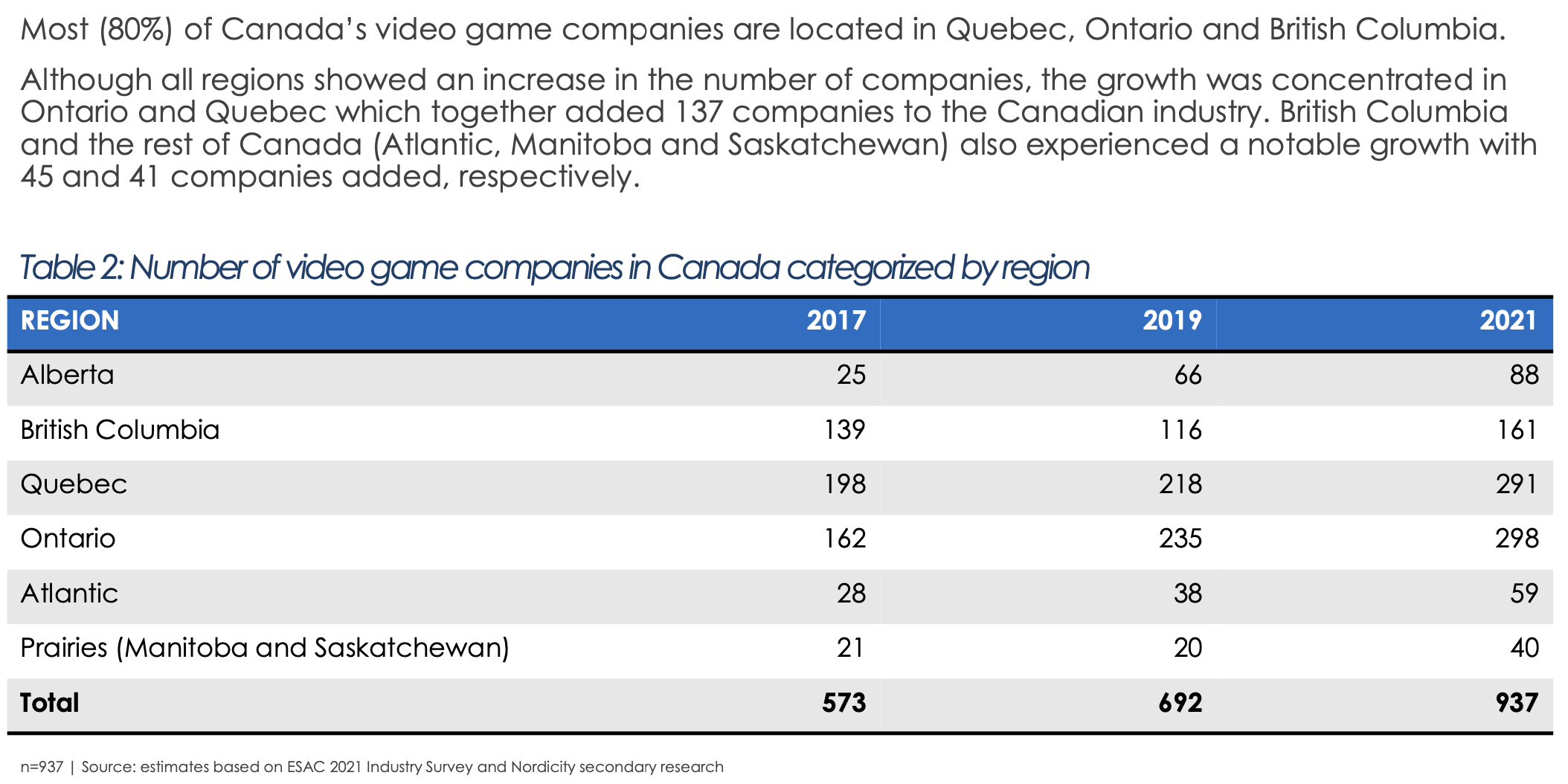
A provincial breakdown of the number of gaming studios in Canada, per ESAC’s 2021 report. (Image credit: ESAC)
He hopes that the spring election will offer an opportunity for ESAC, Digital Alberta and other groups to “put the issue back on the table” for all political parties.
“The fact of the matter is that the video game industry proves across Canada that when you put targeted government support toward it, it blows up. It grows. You can look anywhere, whether it’s the original Quebec tax incentive to Nova Scotia to Ontario,” he says.
He points to how such support has helped his native Nova Scotia grow immensely in 10 years, adding the likes of Ubisoft and Bethesda’s Alpha Dog Games (both in Halifax) and 2K Sports (Lunenberg) during this time.
“Now, there are not only those three big publishers but another 30 independent mobile game developers and PC game developers. It can show you what you can do in a place with a million people like Nova Scotia. Just think about what Alberta could pull off with two major cities and a larger population. So I’m disappointed but I’m not defeated.”
Image credit: Nintendo
MobileSyrup may earn a commission from purchases made via our links, which helps fund the journalism we provide free on our website. These links do not influence our editorial content. Support us here.

